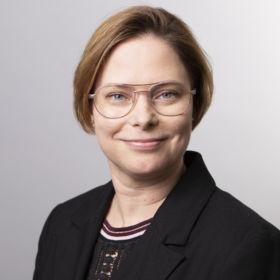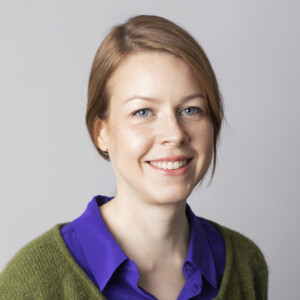The Russian war of aggression in Ukraine has already caused devastating harm to the environment. Bombing and shelling have contaminated water resources, spread toxic chemicals to the soil and caused severe air pollution. Attacks on infrastructure, such as the destruction of the Kakhovka dam, have ravaged biodiversity and destroyed agricultural land for years to come. While the war needs to end for the destruction to stop, it will take years of remediation and reconstruction to ensure a sustainable and safe environment in Ukraine. Work is already underway to monitor and clean up the damage, and the international community needs to bear a responsibility in supporting Ukraine in these efforts.
This seminar will consider how the environmental destruction in Ukraine can be addressed. What is the scale of the damage, and what kind of remediation measures are needed? What are the options within international law to seek accountability for the damages caused by Russia? What kind of support is needed from international actors?
This seminar is organized in cooperation with WWF Finland.
You can register to follow the livestream here.





